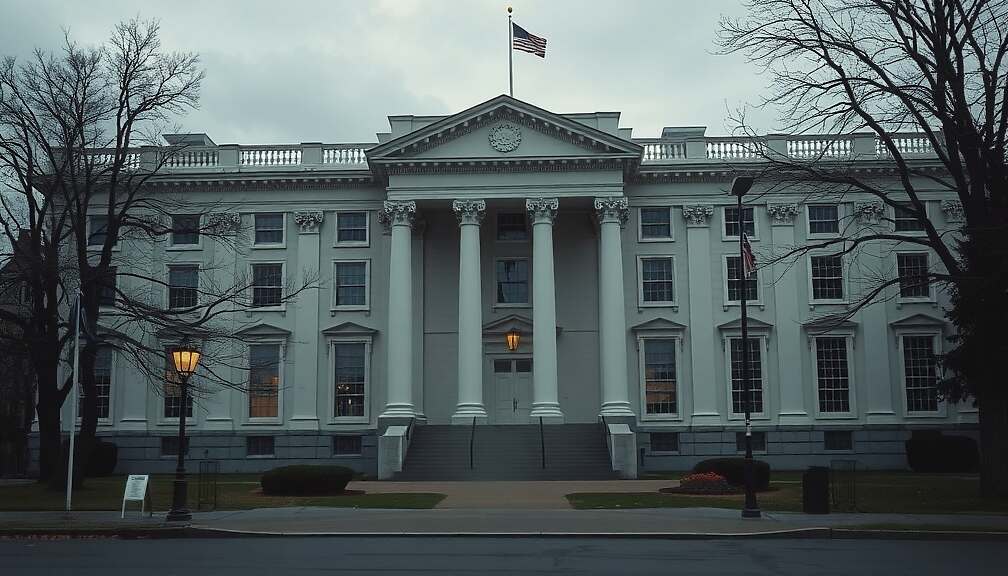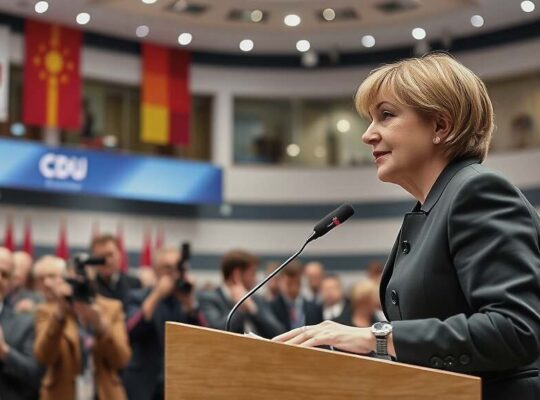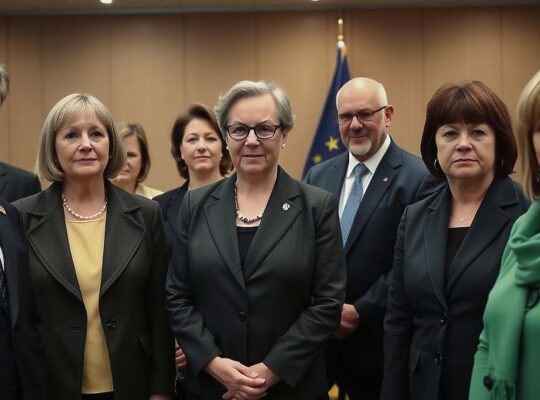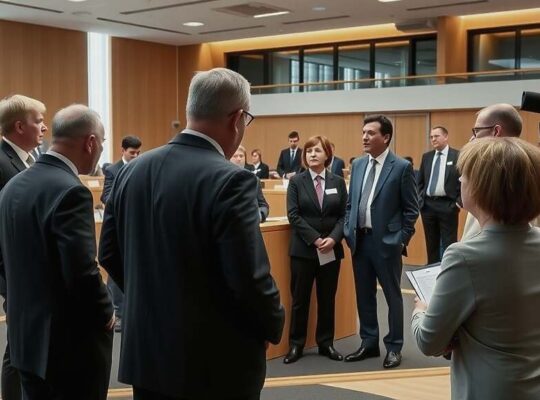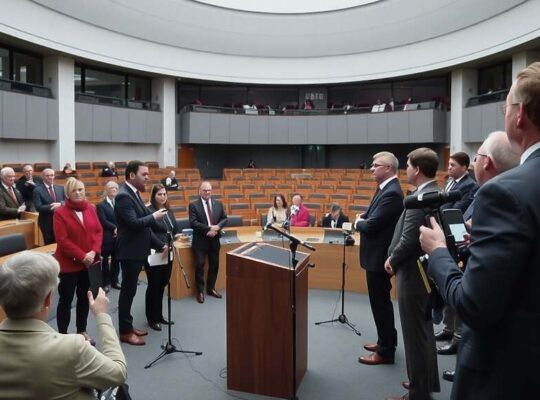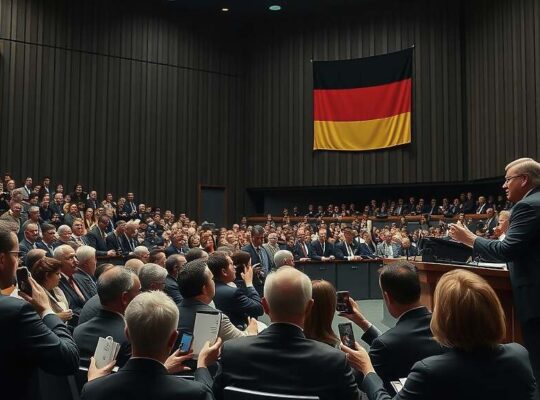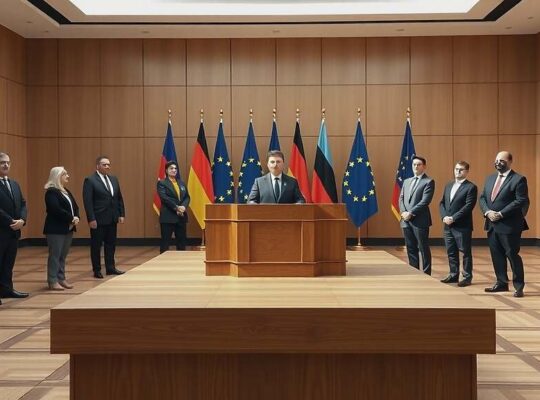The German Green Party is initiating legal scrutiny into the possibility of restricting the federal government’s obligation to answer “small inquiries” ( Kleine Anfragen) submitted by the Alternative for Germany (AfD) parliamentary group, citing potential national security risks and concerns regarding benefits accruing to Russia. Irene Mihalic, parliamentary group leader for the Greens, articulated this move in an interview with the Redaktionsnetzwerk Deutschland, acknowledging the constitutional imperative to respond to parliamentary questions but emphasizing the need for careful consideration given the potential for sensitive information to be exploited.
The core concern revolves around the possibility that information gleaned from these inquiries could be directly passed to entities detrimental to German interests. Mihalic stressed the necessity of a thorough legal examination of available options under the Basic Law, particularly given what she describes as a “dilemma” created by the AfD’s perceived susceptibility to Russian influence.
The escalating tensions have also fueled renewed calls within the German political landscape for a serious examination of banning the AfD. Mihalic directly urged the conservative CDU/CSU bloc to consider the possibility of initiating a party ban proceeding, arguing that the AfD is demonstrably damaging to Germany and that various forms of Russian interference within the party are plausible. She specifically challenged CDU leader Friedrich Merz and Interior Minister Alexander Dobrindt to take a definitive stance on the matter.
These pressures are amplified by recent allegations suggesting Russian-directed espionage activity utilizing the AfD as a conduit. Marc Henrichmann, chairman of the parliamentary control committee, echoed the call for restrictions, claiming to possess “concrete indications” of such activities. He argued that a balance must be struck between the principles of parliamentary freedom and the presumption of espionage, suggesting that the delivery of sensitive information to AfD representatives in written form should be reconsidered, particularly when such activity is suspected. The emerging situation threatens to further polarize German politics and intensify the scrutiny surrounding the AfD’s connections to external actors.


